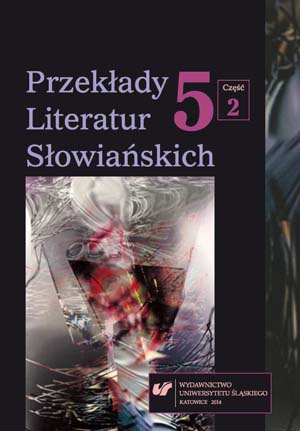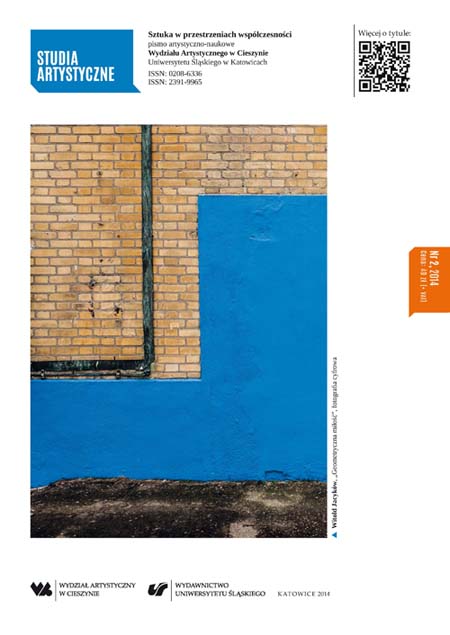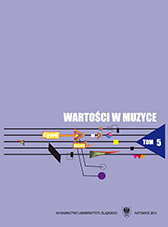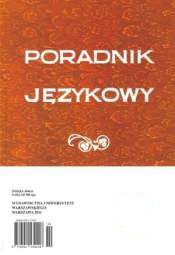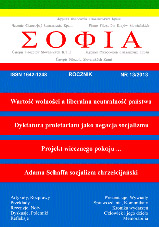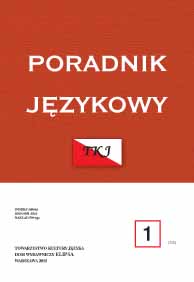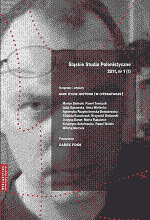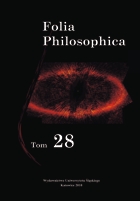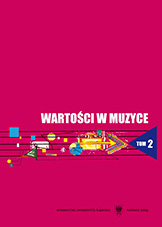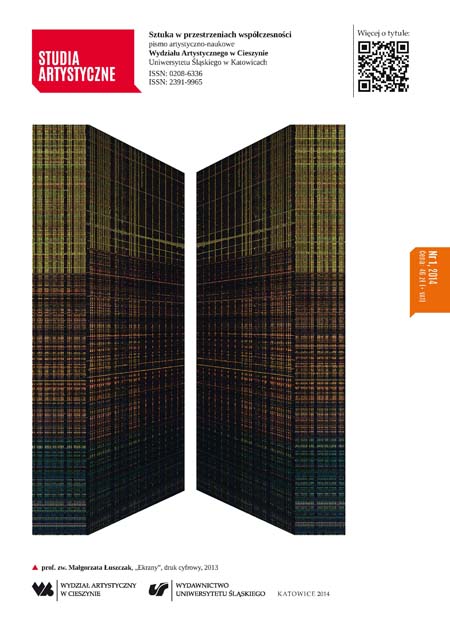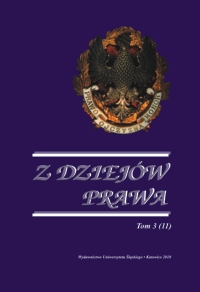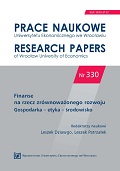Upowszechnianie sztuki wobec kultury masowej
Author(s): Tadeusz Rus / Language(s): Polish
/ Issue: 1/2014
Keywords: academism; chiché; homogeneity; kitsch; mass culture; metaphisics; relativism; stereotype
The article touches upon the influence of a mass culture on an artistic-pedagogic subject-matter as included in several important issues. The whole work has been divided into five thematic parts. These are:
1. Three principles of education.
2. Academism and kitsch.
3. A metaphysical nature of art.
4. An artistic output as a game.
5. On hierarchy.
In the first one, the author widely discusses a multiplicity of relations happening between an artistic education and art popularization, as well as selected components characterizing culture. In so doing he refers to three definitions of a mass culture, that is the one by Dwight Macdonald, Marshall McLuhan and Jose Ortega’y Gasset, and contrasts them with three principles of education. Here is their short description:
1. It introduces us into various issues according to the previously assumed hierarchy considered unchangeable and universal.
2. It teaches a critical perception of the very issues through the clash of a multiplicity of norms, opinions, aesthetics and cognitive methods, namely through relativism that constitutes a primary feature of this principle.
3. It consists in teaching ways of realizing tasks and is rather devoid of intellectual bases. It is fairly often in the pedagogical practice, but when it comes to its topicality later on, it is mostly endangered out of these three conceptions.
The part "Academism and kitsch" concerns the functioning of a stereotype of imaginations on art in different social groups. It is a common opinion that culturally worse groups and social classes should be brought up in the spirit leading them to the stereotype of imaginations on art and opinions of a higher group, and, as a result, communing with a subsequent current academic nature that is the model of preferences.
The third part presents a characteristic of art itself in relation to the disappearance of its metaphysical representation in favour of common inspirations. One should remember that a small circle of metaphysicians always dominated over educational habits of a statistic majority, which allowed shaping a modern hierarchy of works and creators.
The forth part describes an artistic output as a kind of a game with the fate. Nowadays, the very game is absorbed by a naughty, and extra-individual participation in a ceremony of a different aspect of a festival, as a bawdy happiness of relaxation in the rhythmic and colourful, which ends up in the delight of entertainment, combined with buying beautiful souvenirs, in a different world of carousels and disco.
The whole closes with a text on hierarchy where two different ways of a social presence of a pyramid of works and artists.
More...
